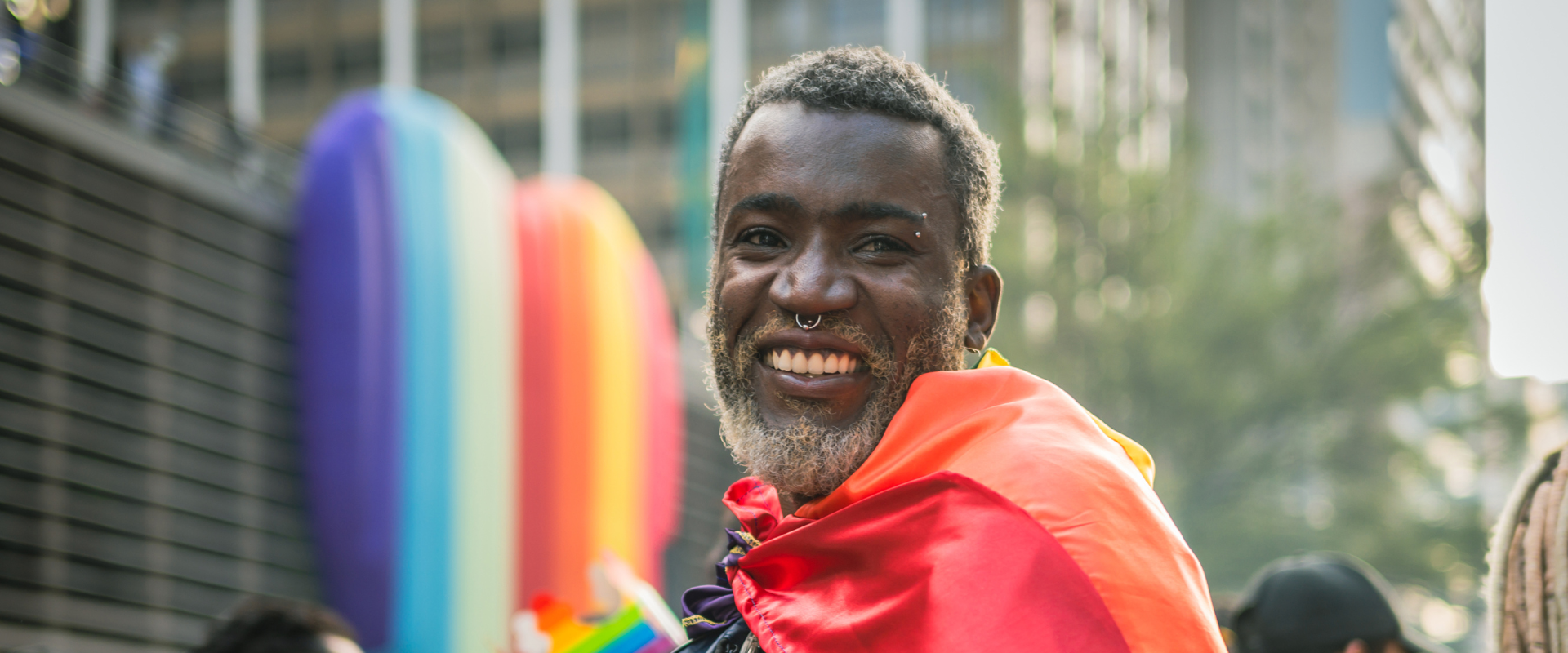United Nations Permanent Forum on People of African Descent to hold regional consultation in Bogotá
The meeting will take place on Friday, September 19, and will bring together more than 60 Afro-descendant leaders from Latin America and the Caribbean. Race and Equality will accompany this event with the participation of national and international activist delegates.

Bogotá, September 16, 2025. This Friday, September 19, the United Nations Permanent Forum on People of African Descent will hold a regional consultation for Spanish-speaking Latin America, a space that is part of the process of drafting the future United Nations Declaration on the respect, protection, and fulfillment of the human rights of people of African descent.
This meeting, which will begin at 9 a.m. at the headquarters of the Colombian Ministry of Foreign Affairs and will bring together more than 60 leaders, is part of the regional consultations being conducted by the Permanent Forum in different parts of the world to gather input and ensure that the voices of Afro-descendant communities are taken into account in the drafting of the Declaration. The meeting in Bogotá will be the second regional consultation, following the one held in December 2024 in Barbados, which focused on the Caribbean.
According to the Economic Commission for Latin America and the Caribbean (ECLAC), around 200 million people of African descent live in the region, equivalent to 30% of the total population. However, structural barriers persist that limit their access to justice, political participation, education, health, and decent employment. These gaps are even greater in the case of women of African descent, who face the intersectional effects of racism and sexism. The regional consultation in Bogotá, aimed at Afro-descendant communities in Spanish-speaking Latin American countries, seeks to generate an assessment of the multiple forms of discrimination and structural racism in the region, while consolidating proposals to strengthen the draft Declaration.
The event, which will take the form of a broad and participatory dialogue, will focus on priority issues identified by the Permanent Forum, including: the recognition and addressing of systemic and structural racism; restorative justice in the face of the legacies of colonialism, slavery, apartheid, and genocide; the collective rights of Afro-descendant peoples; sustainable development and the reduction of inequalities; as well as urgent and emerging human rights issues, such as the impact of artificial intelligence, climate change, environmental injustice, and the need to reform the international economic order.
The Institute on Race, Equality, and Human Rights (Race and Equality) supports the participation of prominent women leaders from the region, who will contribute their experiences and expertise to the discussion. Among them are: Paola Yánez from Bolivia, coordinator of the Network of Afro-Latin American, Afro-Caribbean, and Diaspora Women; Mirtha Colón from Honduras, president of the Central American Black Organization (ONECA); María Bizenny Martínez from the Dominican Republic, coordinator of the Human Rights and Political Advocacy Department at MOSCTHA; Luz Marina Becerra Panesso from Colombia, legal representative of the Coordination of Displaced Afro-Colombian Women in Resistance (La Comadre); and Teresa Mojica from Mexico, president of the Petra Morga Afro-Mexican Foundation. Their participation will raise awareness of the specific realities faced by women of African descent in the face of racial violence, forced displacement, and exclusion.
Voices of the diaspora: Women of African descent in resistance and global leadership
As a prelude to the consultation, on Thursday, September 18, at 4:00 p.m., at the Hotel Suite Jones (Chapinero, Bogotá), a dialogue will be held entitled Voices of the Diaspora: Women of African Descent in Resistance and Global Leadership. This meeting will feature the participation of the aforementioned leaders and Professor Justin Hasford, a member of the UN Permanent Forum on People of African Descent, whose career in the United States and involvement with Afro-descendant movements in the diaspora will allow for a comparative analysis between Latin America and the Global North.
The event, organized by Raza e Igualdad, will have simultaneous English-Spanish interpretation and seeks to consolidate a space for exchange and collective construction, strengthening the link between the historical struggles of Afro-descendant communities in Latin America and those that are developing in other international contexts.

